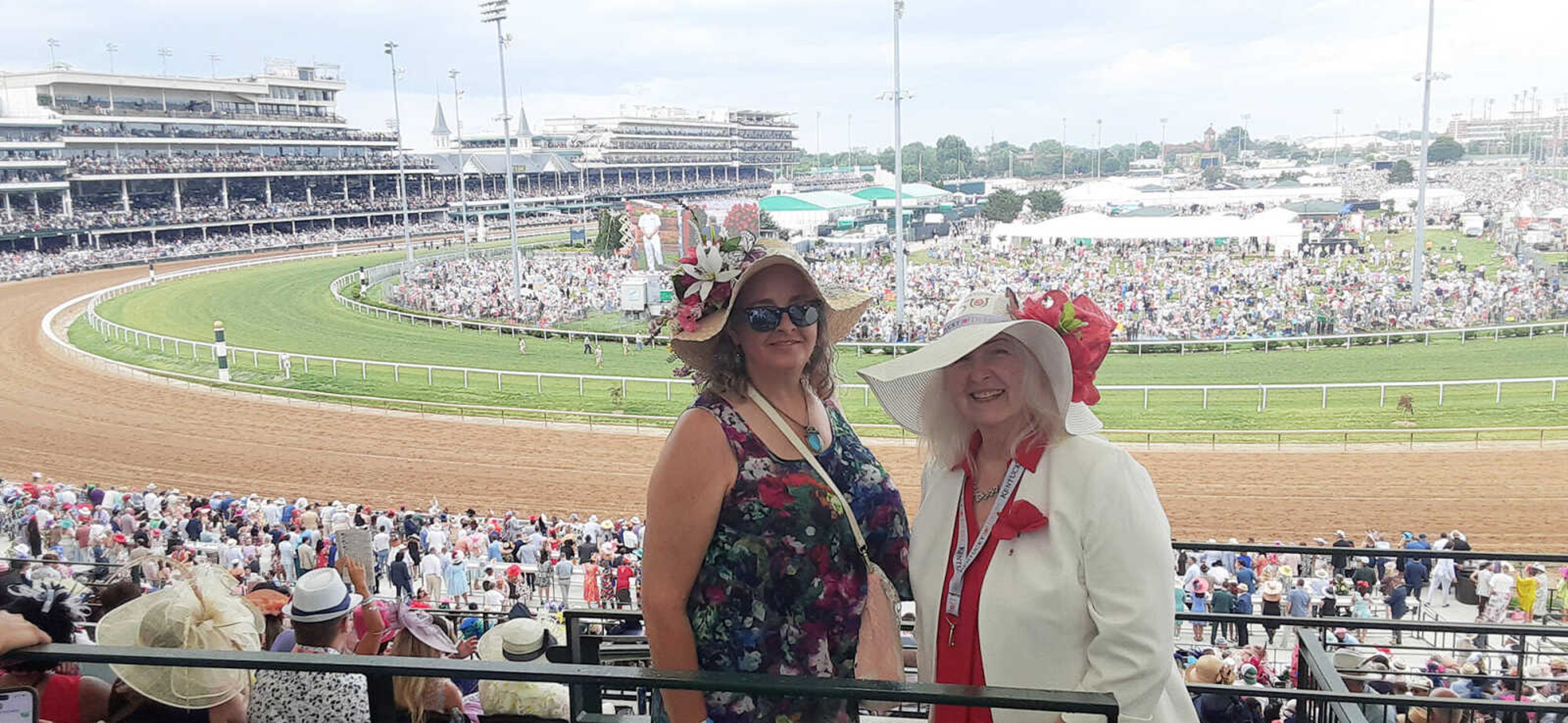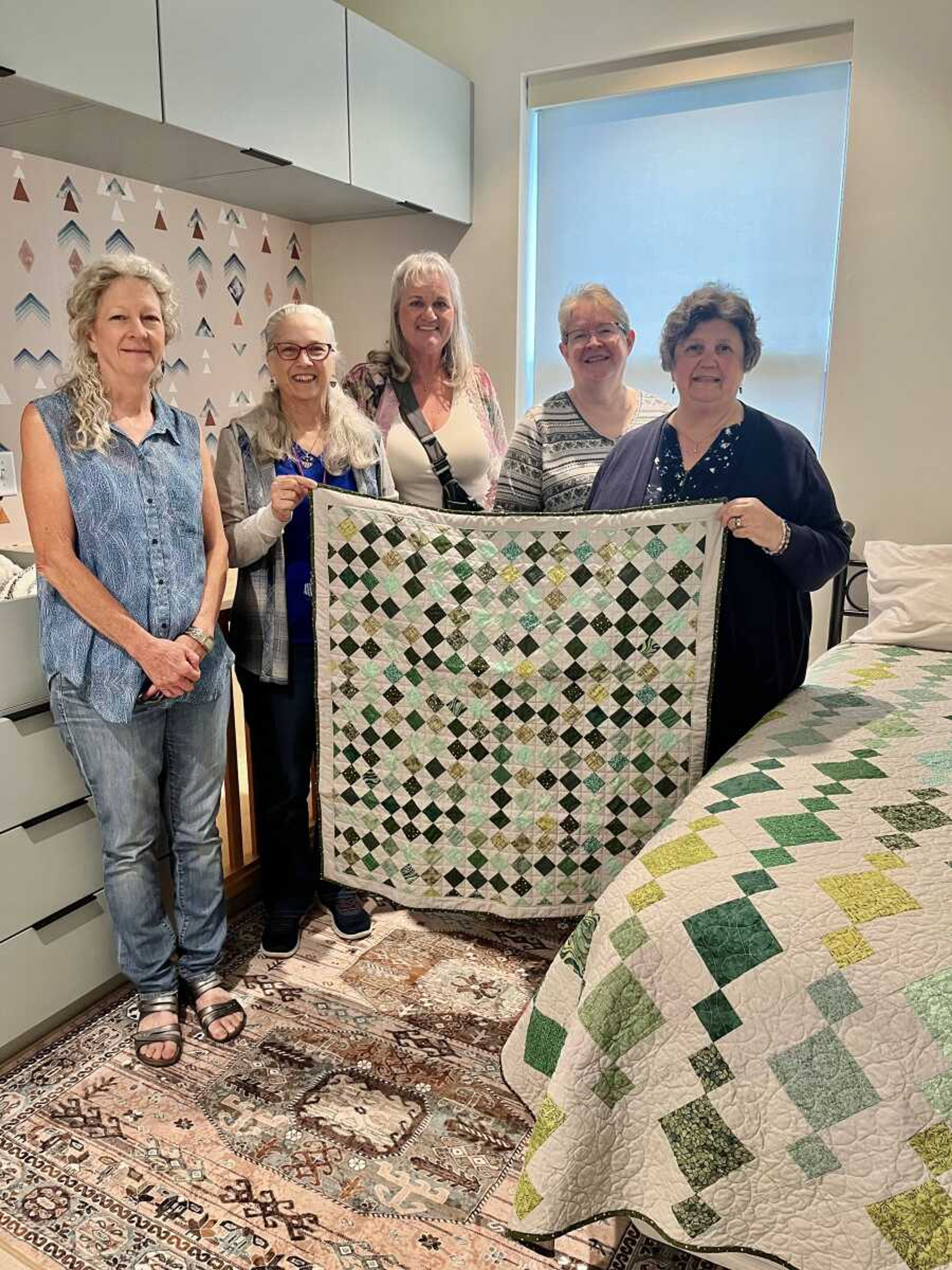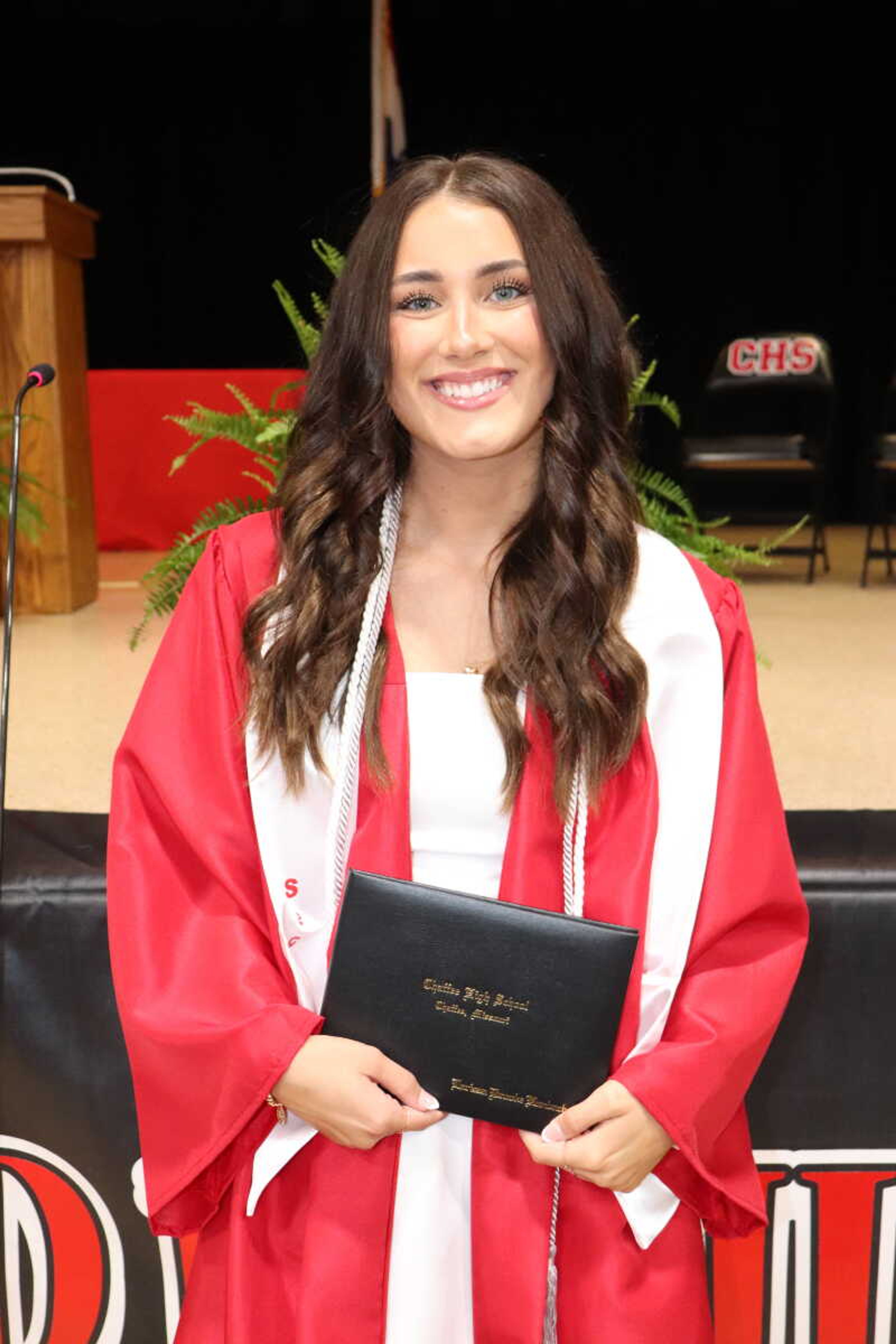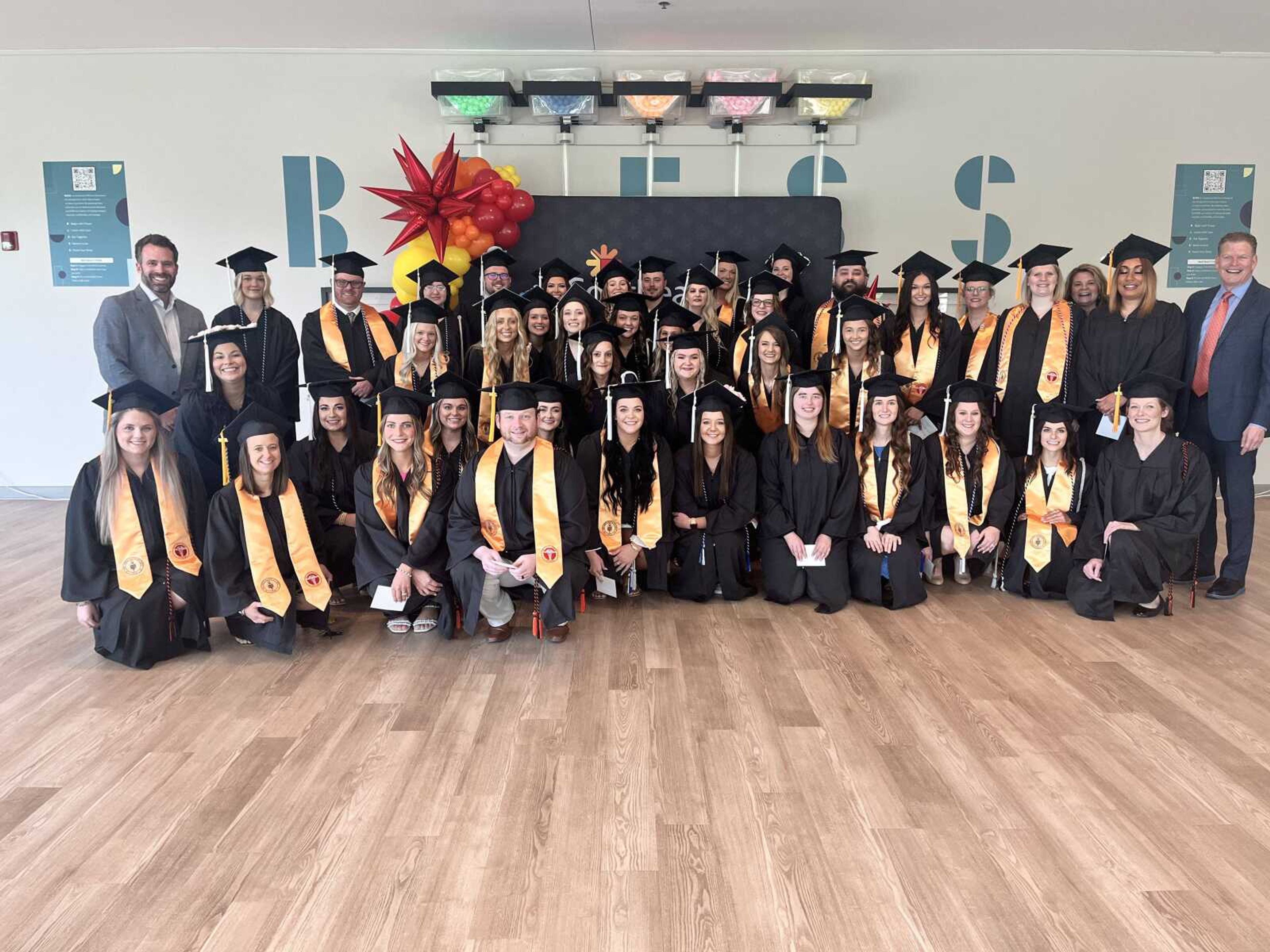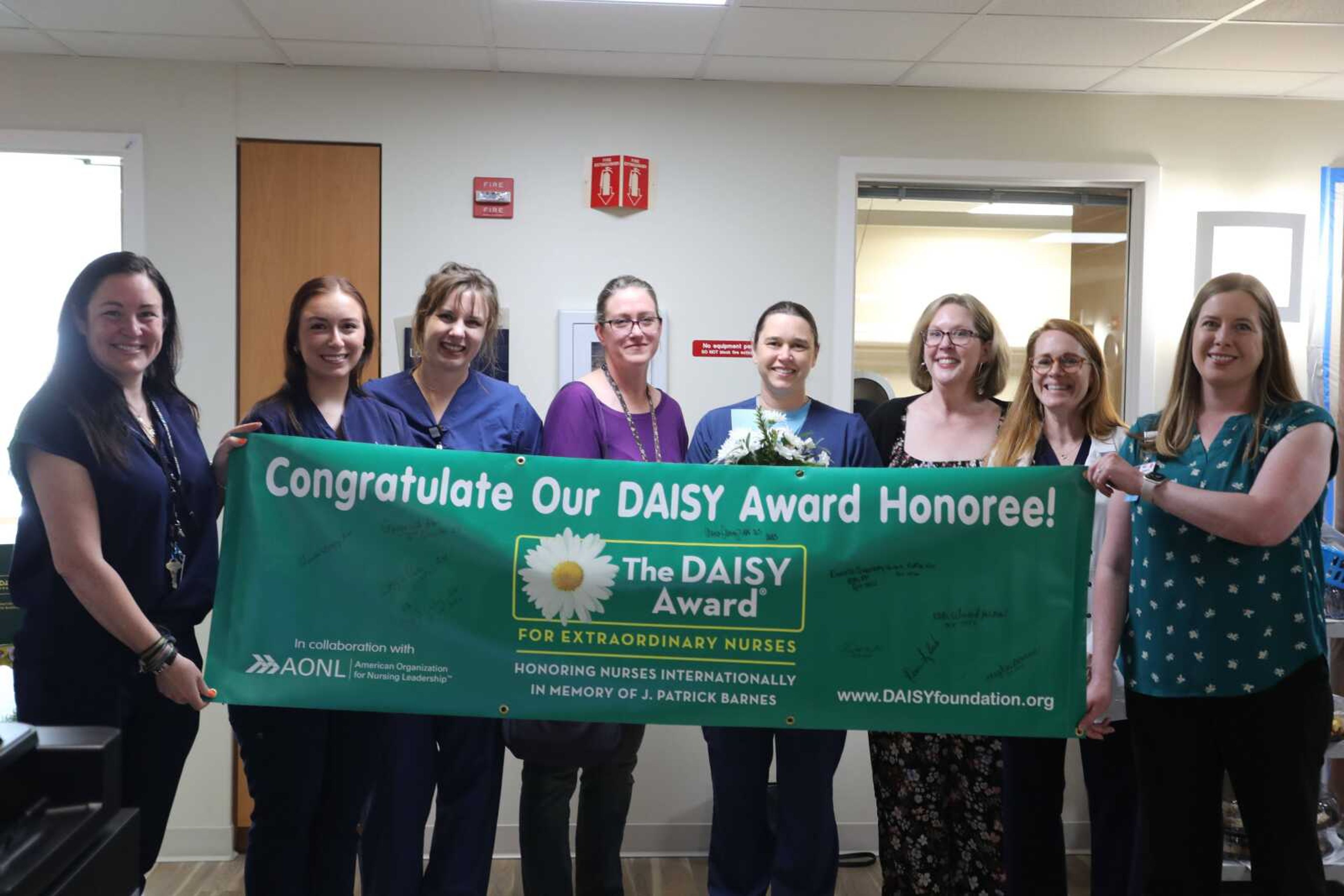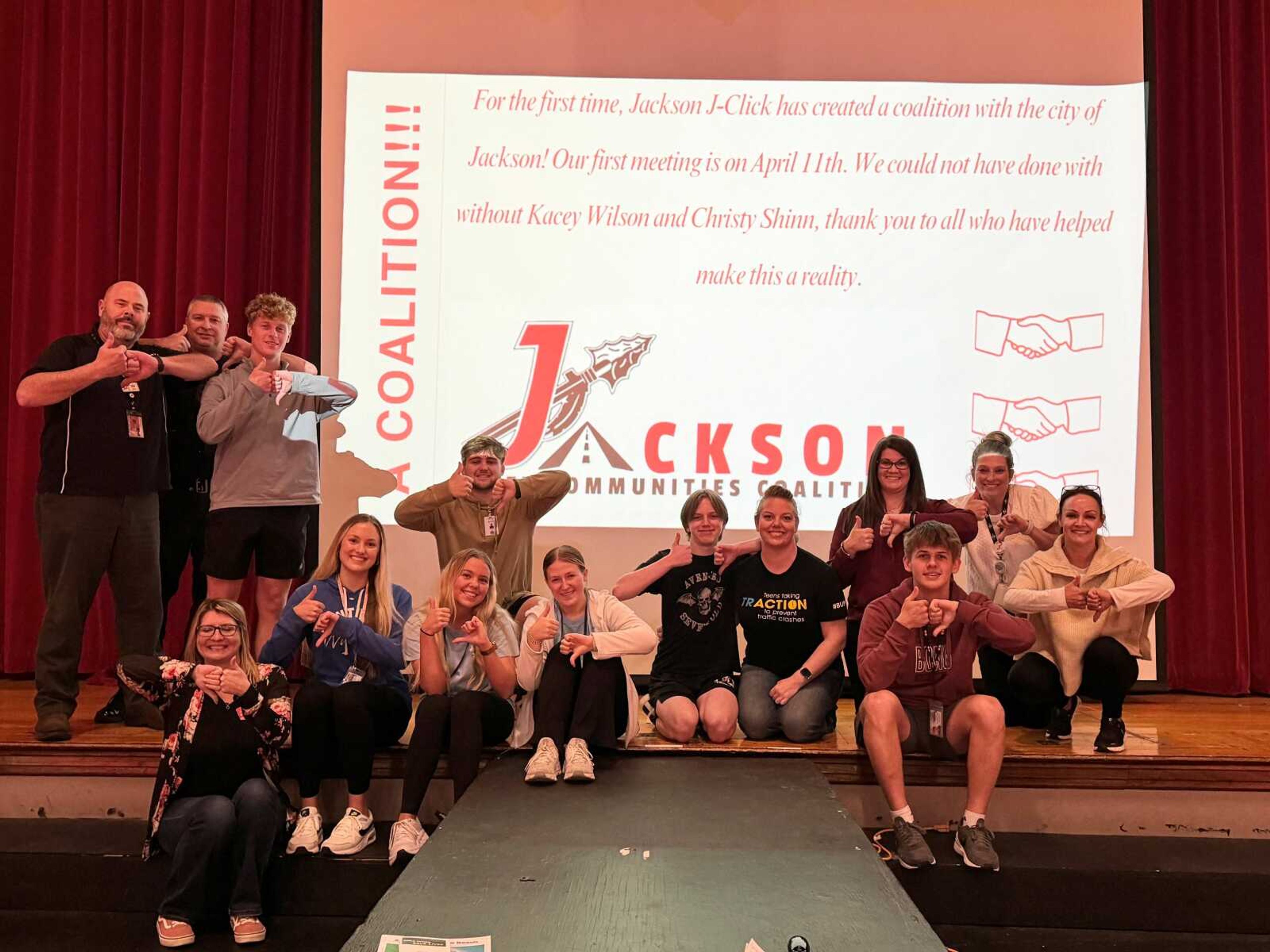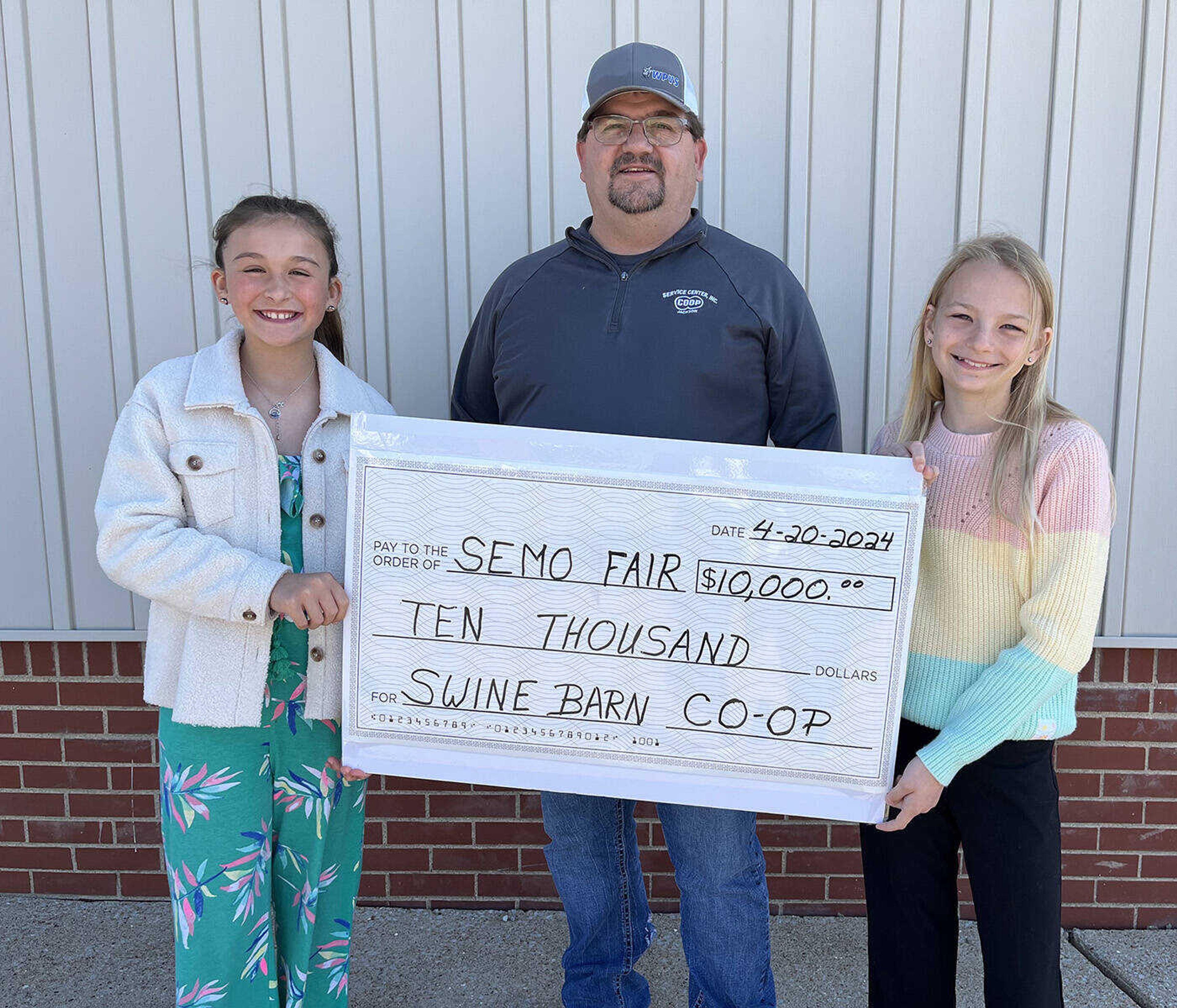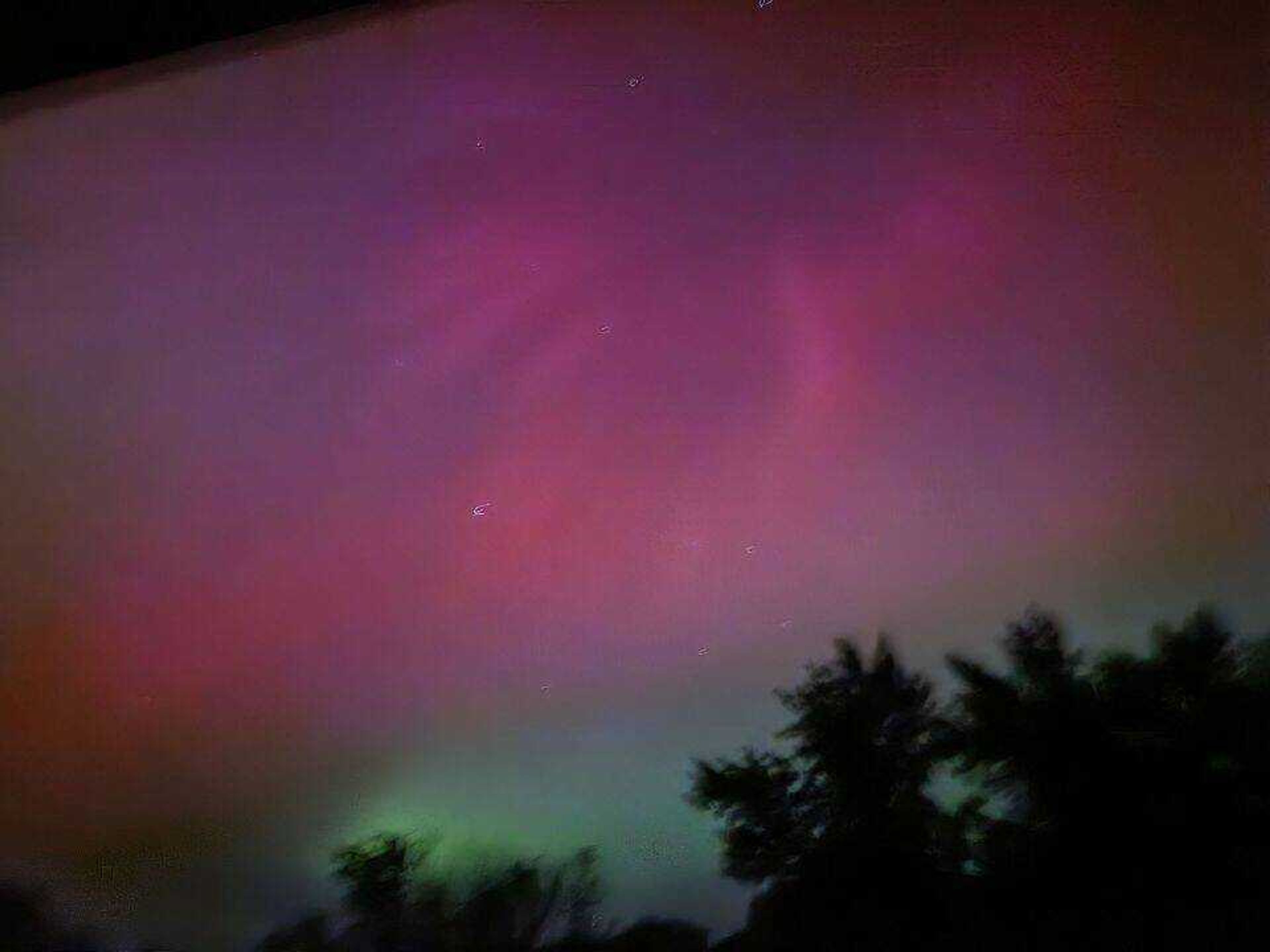The Cape Crusaders
I live in Memphis and I travel frequently by car to visit family in Columbia and Cardinals in St. Louis. Like many readers who pass the Cape Girardeau exit on the Interstate, I find a stop at Royal N-Orleans Restaurant to be de rigueur. Other than that, however, my knowledge of Cape Girardeau has been severely lacking...
I live in Memphis and I travel frequently by car to visit family in Columbia and Cardinals in St. Louis. Like many readers who pass the Cape Girardeau exit on the Interstate, I find a stop at Royal N-Orleans Restaurant to be de rigueur. Other than that, however, my knowledge of Cape Girardeau has been severely lacking.
That changed recently when I had the pleasure of visiting with one of Cape Girardeau’s favorite sons Harry Samuels. Yes, that Harry Samuels, the same Harry Samuels who is a long-time Memphis businessman, author of the popular book Beshert, served as president of the Memphis Jewish Federation and Memphis Jewish Community Center and perpetual volunteer for and contributor to worthwhile causes.
As a youngster, Harry’s was one of a dozen Jewish families living in Cape Girardeau.
One day in the mid nineteen-thirties those families got together and discussed the possibility of building a synagogue in the community. They had been worshipping in the city’s municipal park in a public meeting room adjacent to the swimming pool. They expanded their mission to nearby "smaller towns." As Harry told me this story, I remember thinking to myself, "Were there really towns smaller than Cape Girardeau with Jewish families?" There sure were; Sikeston, New Madrid, Portageville, Haiti, Caruthersville, and others. Before long there was enough interest in the project and enough money had been raised to make the proposed B’nai Israel Congregation of Cape Girardeau a reality. Louis Hecht whose family later moved to Las Vegas was instrumental in the synagogue’s development.
During the very first High Holiday services, their visiting rabbi likened the establishment of the new congregation to placing candles on a bridge to light the way. That little story was particularly thrilling and meaningful to two young children who began corresponding with the rabbi. They exchanged phone calls regularly and as a result one of the children, Alan Hecht, now a radiologist with thirteen children living in Chicago, grew up able to read Hebrew and pray in the original Hebrew text.
Another young friend of Harry Samuels’ had been moved by the rabbi’s story and by that first High Holiday service. He grew up and moved to Las Vegas and later became the United States Senator from Nevada, Senator Chick Hecht.
At the beginning of 1980 Saudi Arabia felt in great need of the United States’ AWACS aircraft, a feeling shared by President Reagan. AWACS aircraft (airborne warning and control systems) were state-of-the art at the time. The plane provided real time and long range target detection, identification and tracking, and could fly for eleven hours without in-flight refueling.
Israel, America’s staunch and only ally in the region, objected strenuously to the sale. I remember the debate raging for many months. Reagan was determined. The U.S. Senate was split down the middle, half in favor of the sale, half against.
Senator Chick Hecht was on the record: He’d vote "NO." Truth to tell, he might have been prepared to vote "Hell, NO!" had that been an option.
President Ronald Reagan phoned Senator Chick Hecht and invited the senator to a "private and very important meeting" in the White House. Command Performance.
I need you to vote "Yes" on the AWACS sale," the president said. Chick Hecht told the president of his conscience, that his constituents were adamantly opposed to the sale, and especially of his love of and loyalty to Israel. "I will never do anything that could hurt the state of Israel," he told the president emphatically.
The president then told the senator, "Listen to me, Chick. I promise you, on my word of honor as President and as your friend, not only will this AWACS sale not hurt the State of Israel, it will actually help the State of Israel. You will see this will help Israel." At the end of the meeting Senator Hecht was reluctantly convinced. He told President Reagan he would change his vote.
The president told the senator that it was a brave stand he was taking. And he said, in the parlance of Nevada, "You have my marker for this Chick. Whatever you need, I owe you, and you’ll have it."
So Saudi Arabia got the AWACS. Before Chick had a chance to "call in his marker" you may recall that in 1981 Israel bombed Iraq’s nuclear reactor at Osarak. It was the Saudi AWACS that was used to guide Israel’s Tayesset 101 Flight Squadron on that successful mission. The president had kept his promise to the little boy from Cape Girardeau who had been inspired at the High Holiday service and later grew up to be a United States Senator: "You will see, this will help Israel."
That’s not the end of the story. The long arm of Cape Girardeau reached, via Chick Hecht, onto the White House lawn in 1986. As President Reagan was boarding his helicopter Marine One on the first leg of his journey to the Iceland Summit with Russian Premiere Mikhail Gorbachev, several persons could be seen waving good-bye and wishing the president success. One of those well-wishers was Senator Chick Hecht, who approached the steps of Marine One just as the president was about to embark. He handed the president a manila envelope. "Mr. President, I’m calling in my marker," he said. "In here are the names of 2,000 Soviet Jews. They’re called "refuseniks" because they want to get out of the Soviet Union and immigrate to Israel. When you talk with Premiere Gorbachev tell him how important it is that they be allowed to leave. That’s my marker."
About two weeks later the first 2,000 Jews were allowed to leave the Soviet Union for Israel, and that number climbed to over one million émigrés. The gates to their freedom were opened by the commitment instilled in that little boy in Cape Girardeau so many years ago.
The story of the Cape crusaders isn’t quite over. It comes much closer to home for me, as you’ll see.
Many years after the 1967 "Six Day War" in which Israel captured the Old City and Mount Scopus from the Jordanians, Marty and Tootie Hecht were visiting their son Alan who was studying on the new Hebrew University campus on Mount Scopus. Alan complained that there was no synagogue facility at his school’s campus.
"We built a synagogue in Cape Girardeau, we can do it again here," vowed Mr. & Mrs. Hecht. Thus began what was to become the magnificent Hecht Synagogue at Hebrew University. To maximize the view toward the Old City, a picture window is installed at the front of the sanctuary overlooking the Temple Mount.
Eighteen years ago our family celebrated the bar mitzvah of our son Abraham Grant at the Hecht Synagogue. We said our prayers in front of that magnificent floor-to-ceiling picture window overlooking the Old City of Jerusalem and the Western Wall.
Guests to our home in Memphis find a remarkable life-sized photograph of our son reading the Torah, the picture window and the Old City right in front of him.
Now, thanks to Harry Samuels, we know "the rest of the story."
George Conroy is former editor of Memphis Jewish Journal and Contributing Editor of Main Street Journal in Memphis.
Connect with the Southeast Missourian Newsroom:
For corrections to this story or other insights for the editor, click here. To submit a letter to the editor, click here. To learn about the Southeast Missourian’s AI Policy, click here.

